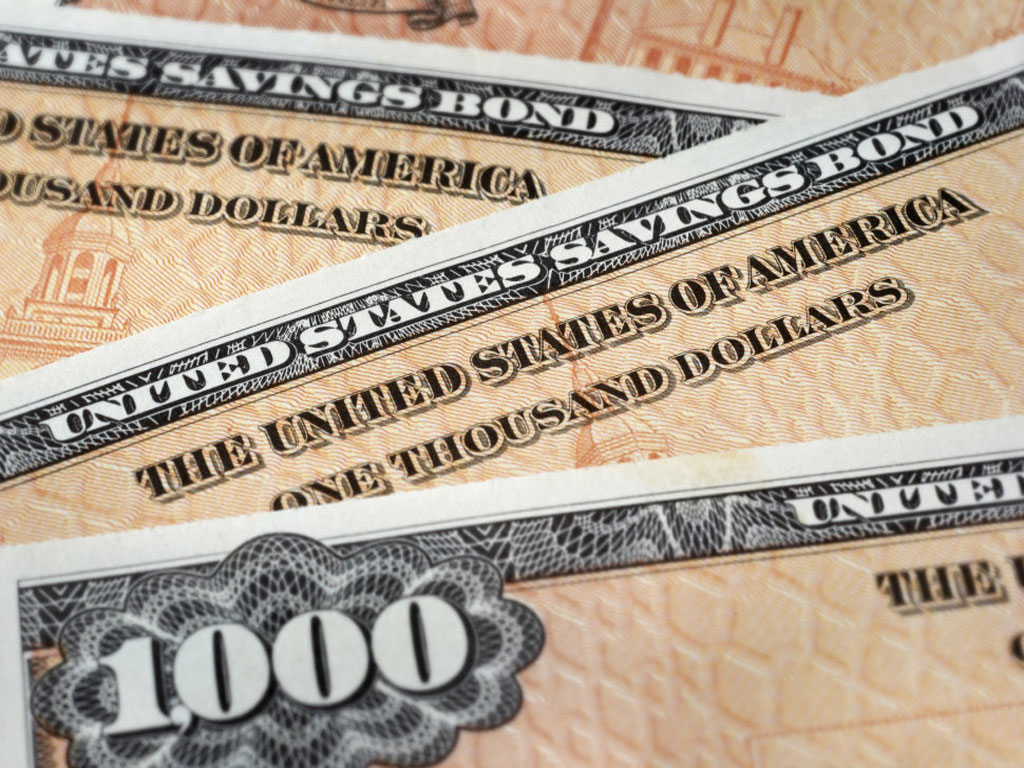Yields down but stable as emergency economic measures take hold
- The yield on the benchmark 10-year note was down 11.5 basis points to 1.0143pc, but kept close to that level for several hours, encouraging investors after days of sharp volatility.
- The New York Fed on Friday morning accepted a total of $53 billion in bids in repurchase agreement operations.
 BOSTON: U.S. Treasury yields eased on Friday but then steadied after a week of wild swings, as emergency measures to stabilize financial markets and the economy from the effects of the coronavirus pandemic took hold.
BOSTON: U.S. Treasury yields eased on Friday but then steadied after a week of wild swings, as emergency measures to stabilize financial markets and the economy from the effects of the coronavirus pandemic took hold.
The yield on the benchmark 10-year note was down 11.5 basis points to 1.0143pc, but kept close to that level for several hours, encouraging investors after days of sharp volatility.
In addition a closely watched part of the U.S. yield curve, the gap between the 2-year and 10-year notes, was at 63 basis points, less than a basis point lower than its close on Thursday.
Andrew Richman, managing director of fixed income at Truist/SunTrust Advisory Services, said traders were starting to make sense of a host of actions by the Fed and Treasury officials to steady the markets including a new swap facility and backstops for money market funds.
"I'm hopeful that's the case," he said.
Still Richman said the trading activity was no cause for short-term optimism. The yield on the short-term 3-month Treasury bill remained close to zero and he and others said that while the 10-year yield was higher than last week it was still at a relatively low level.
Together the numbers are "telling us that we'll have negative growth and the Fed will be at virtually zero for a long time," he said.
The New York Fed on Friday morning accepted a total of $53 billion in bids in repurchase agreement operations.
U.S. stock indexes steadied on Friday.
Economists polled by Reuters said the global economy was already in a recession as the hit to economic activity from the coronavirus pandemic has spread even after central banks took steps to support economies and markets.
Oil prices rose as the world's richest nations poured unprecedented aid into the global economy to stop a coronavirus-driven recession and U.S. President Donald Trump hinted he may intervene in the price war between Saudi Arabia and Russia.





















Comments
Comments are closed.